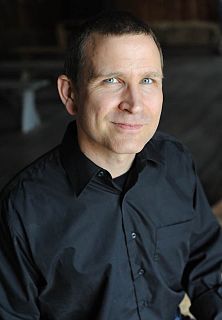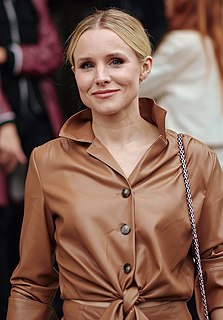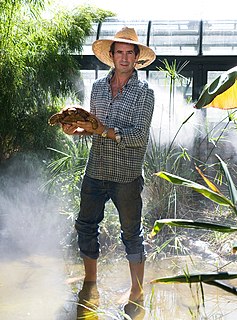A Quote by Peter Singer
Whatever the reason, for most of the present century, the literature and publicity of the old established [animal welfare] groups made a significant contribution to the prevailing attitude that dogs and cats and wild animals need protection, but other animals do not. Thus people came to think of "animal welfare" as something for kindly ladies who are dotty about cats, and not as a cause founded on basic principles of justice and morality.
Quote Topics
About
Animal
Animal Welfare
Animals
Attitude
Basic
Basic Principles
Came
Cats
Cause
Century
Contribution
Dogs
Established
Founded
Groups
Justice
Kindly
Ladies
Literature
Made
Morality
Most
Need
Old
Other
People
Present
Prevailing
Principles
Protection
Publicity
Reason
Significant
Something
Think
Thus
Welfare
Whatever
Wild
Wild Animal
Wild Animals
Related Quotes
I'm not into animal rights. I'm only into animal welfare and health. I've been with the Morris Animal Foundation since the '70s. We're a health organization. We fund campaign health studies for dogs, cats, lizards and wildlife. I've worked with the L.A. Zoo for about the same length of time. I get my animal fixes!
Not only are the philosophies of animal rights and animal welfare separated by irreconcilable differences... the enactment of animal welfare measures actually impedes the achievement of animal rights... Welfare reforms, by their very nature, can only serve to retard the pace at which animal rights goals are achieved.
I'm convinced that welfare reforms deserve our support, both because they are better (or at least much less bad) for the animals involved (the Golden Rule), and because they push the envelope, moving us closer to the compassionate world that all animal rights activists are working toward...On the other hand, working toward welfare reforms has the immediate benefit of helping improve animals' lives today and acts as a crucial stepping stone toward animal liberation.
I believe that the best way to create good living conditions for any animal, whether it's a captive animal living in a zoo, a farm animal or a pet, is to base animal welfare programs on the core emotion systems in the brain. My theory is that the environment animals live in should activate their positive emotions as much as possible, and not activate their negative emotions any more than necessary. If we get the animal's emotions rights, we will have fewer problem behaviors... All animals and people have the same core emotion systems in the brain.
It must be stressed that there is nothing insulting about looking at people as animals. We are animals, after all. Homo sapiens is a species of primate, a biological phenomenon dominated by biological rules, like any other species. Human nature is no more than one particular kind of animal nature. Agreed, the human species is an extraordinary animal; but all other species are also extraordinary animals, each in their own way, and the scientific man-watcher can bring many fresh insights to the study of human affairs if he can retain this basic attitude of evolutionary humility.
I grew up in a home where animals were ever-present and often dominated our lives. There were always horses, dogs, and cats, as well as a revolving infirmary of injured wildlife being nursed by my sister the aspiring vet. Without any conscious intention on my part, animals come to play a significant role in my fiction: in Three Junes, a parrot and a pack of collies; in The Whole World Over, a bulldog named The Bruce. To dog lovers, by the way, I recommend My Dog Tulip by J. R. Ackerley -- by far the best 'animal book' I've ever read.








































